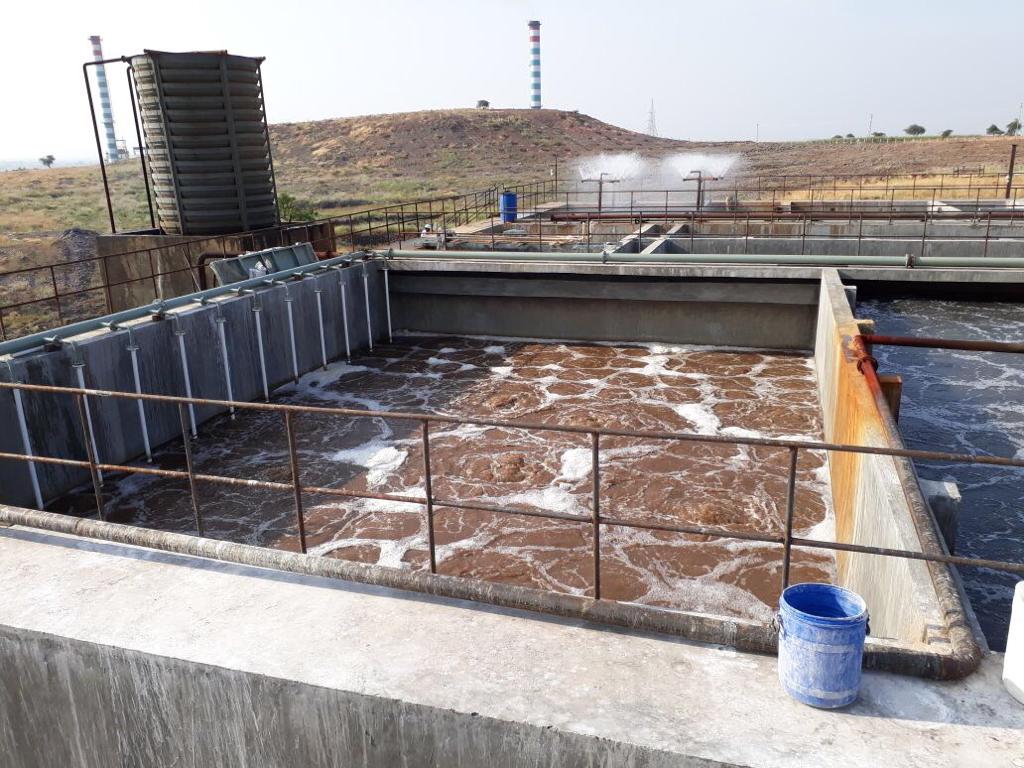How to Choose the Right Industrial Effluent Treatment System
Blog Summary
In the intricate landscape of industrial processes, one often overlooked but critical aspect is the management of effluents. These effluents, if not treated properly, can have detrimental effects on both the environment and a company's operations. Selecting the right Industrial Effluent Treatment System is not just a regulatory requirement; it's a strategic move towards sustainability and responsible business practices. In this article, we will guide you through the key factors to consider when making this important decision.
Understanding the Effluent Composition:
Effluents come in various forms, each with its unique composition. It's essential to comprehensively understand what your effluent contains. This involves identifying the type and concentration of pollutants, chemicals, suspended solids, and other contaminants. A detailed analysis helps in selecting a treatment system that effectively targets these specific pollutants.
Compliance with Regulations:
Industrial activities are often subject to stringent environmental regulations. Choose a treatment system that not only meets the current regulatory requirements but also aligns with foreseeable future changes. Compliance isn't just about avoiding penalties; it's about contributing positively to environmental conservation.
Treatment Efficiency:
Different treatment systems vary in their effectiveness in removing specific contaminants. Evaluate the efficiency of the system in terms of how well it reduces pollutants to acceptable levels. Consider factors like treatment speed, the quality of treated effluent, and the adaptability of the system to handle varying loads.
Scalability and Flexibility:
Industries evolve. Processes change. Production scales up or down. Your effluent treatment system should be able to accommodate these changes. Opt for a system that is scalable and flexible, allowing adjustments without requiring a complete overhaul.
Lifecycle Costs:
While upfront costs are important, don't forget to factor in the long-term expenses. This includes operational and maintenance costs. A system might have a lower initial price tag but end up costing more over its lifespan due to high maintenance or energy consumption. Evaluate the lifecycle cost for an accurate financial assessment.
Technology Selection:
Effluent treatment technology has come a long way. From traditional methods to advanced biological or membrane-based systems, there are various options. Each technology has its pros and cons. Research and consult with experts to determine which technology aligns best with your industry, effluent type, and treatment goals.
Expert Consultation:
Navigating the realm of Effluent Treatment Systems can be complex. Consulting with experts in this field can be invaluable. They can conduct thorough site assessments, offer tailored solutions, and provide insights that might not be evident initially.
Conclusion:
Choosing the right Industrial Effluent Treatment System is a decision that goes beyond compliance. It's a commitment to environmental responsibility and operational efficiency. By understanding your effluent, staying compliant, assessing treatment efficiency, ensuring scalability, considering lifecycle costs, selecting appropriate technology, and seeking expert advice, you can make an informed choice that positively impacts both your business and the world around you.
WTE Infra Project Pvt. Ltd.
Excellence in Water & Wastewater
Treatment Plant Solutions, Since 2007
17 Year’s of Excellence | 4700+ Projects World-Wide
Contact/WhatsApp - +91 8888889611
Email - enq@wteinfra.com
Website - www.wteinfra.com

